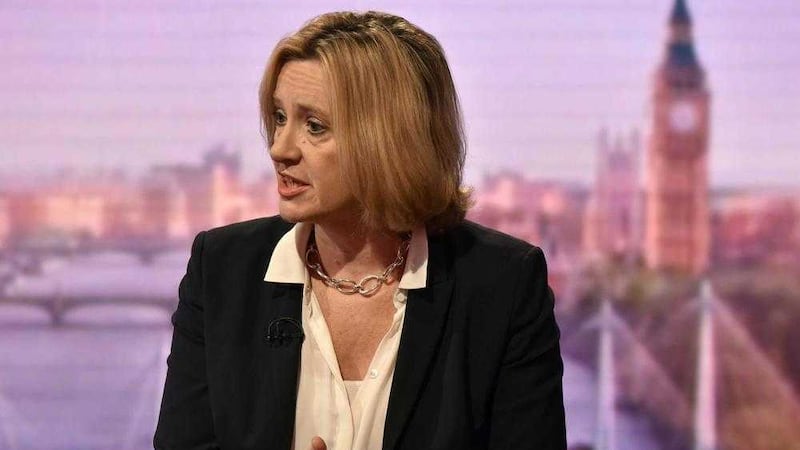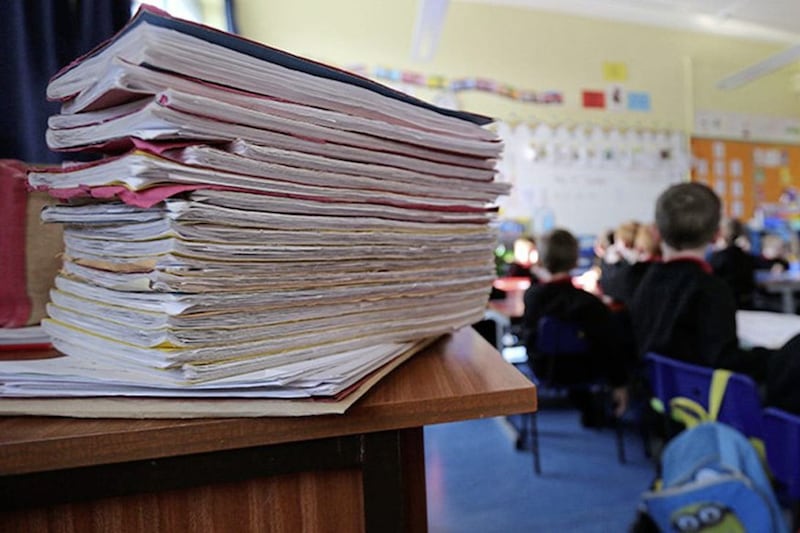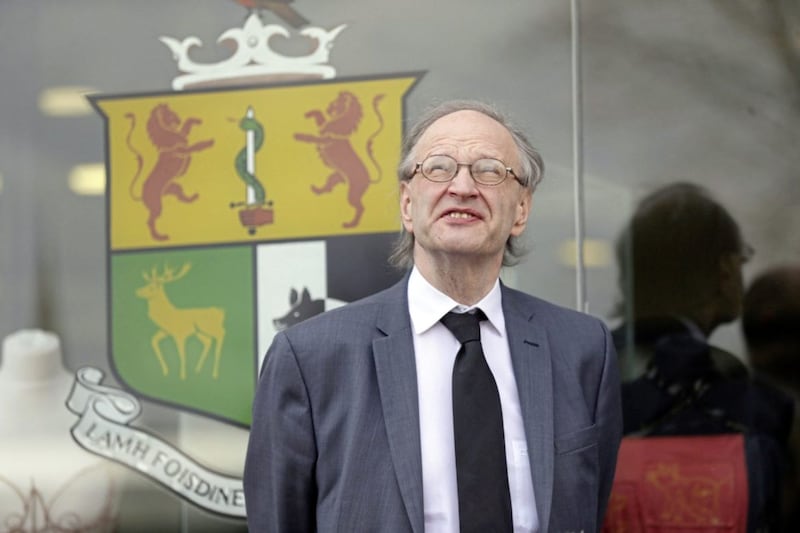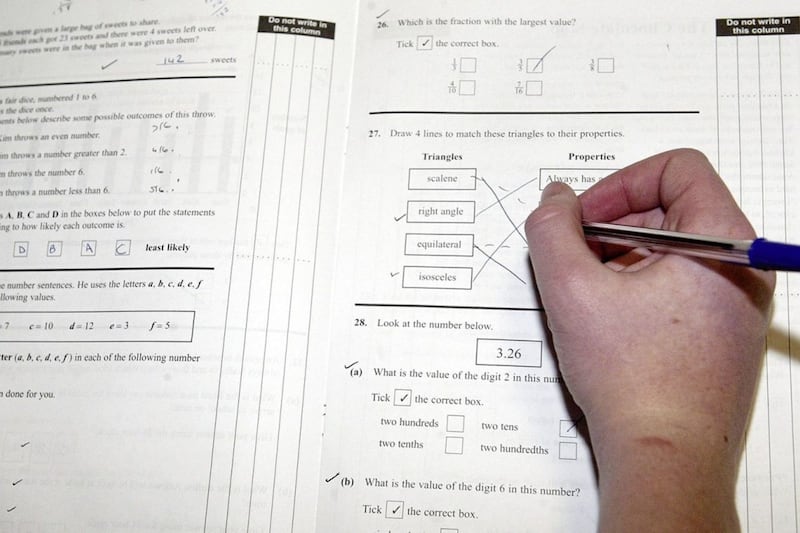AMBER Rudd has insisted British government plans to create a new generation of grammar schools are not about "going back to the fifties".
The Home Secretary said she was a grammar school "enthusiast" as she defended proposals set out by Theresa May to lift the long-standing ban on new selective schools.
Mrs May's plans have been criticised by experts, Labour and her own Tory colleagues including the former education secretary Nicky Morgan.
There are also reports of a potential cabinet split on the issue amid concerns that the prime minister will face a fierce battle to get her proposals through parliament.
But Ms Rudd backed the plans and suggested they would help boost choice for parents.
Asked if she was a grammar school "enthusiast", she replied: "Absolutely an enthusiast but not going back to the hifties.
"Having a variety that we're having now where parents have a choice of schools. Arts schools, music schools and yes selective."
Critics have suggested the expansion of selective education will lead to a new generation of "sheep and goats" as children are separated.
But Ms Rudd said that was "absolutely not" the case.
The government could face a potentially difficult path as it seeks to navigate the plans through the House of Commons where it maintains a thin majority.
But even if the measures are backed by MPs they will still have to get through the Lords where Mrs May and the Conservatives do not have a majority.
And the prime minister will be unable to overrule any decision by peers to reject lifting the ban because the measures were not outlined in the 2015 Tory manifesto.
Mrs May has insisted her plans would give all children the chance to go to a "great school".
Her proposals include requirements for grammars to promote social mobility by taking a proportion of pupils from lower-income backgrounds or opening "feeder" primary schools in disadvantaged areas.
She also wants to lift the cap on faith schools taking pupils from their own religious community.
Graham Brady, chairman of the 1922 Committee, also defended the plans but downplayed their significance.
He told BBC Radio 5 Live's Pienaar's Politics: "I don't think there will be a sudden outbreak of thousands of new grammar schools across the country, I think it would allow a little bit more welcome freedom, particularly in areas where there is existing selection and changes of population, also - this has been identified - there may be particular demand in some more deprived communities."
The Sunday Times reported that five councils had already said they are considering taking advantage of the changes.








